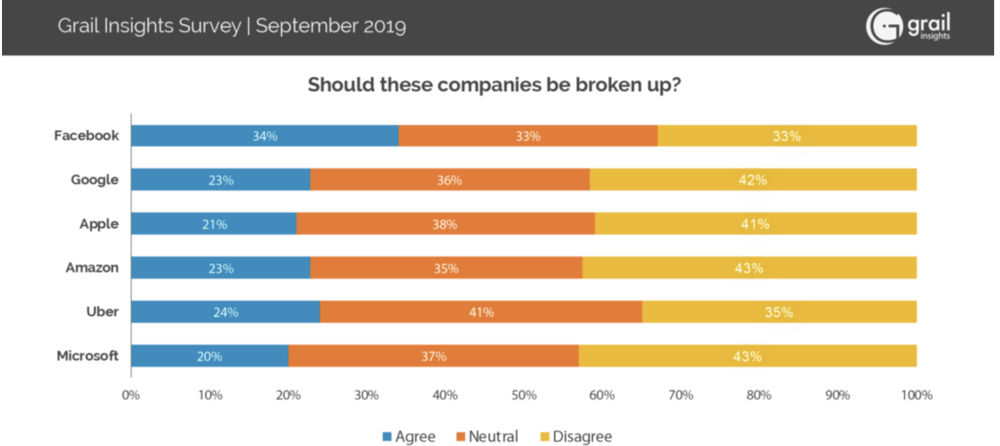Justice Clarence Thomas told the U.S. Supreme Court on Tuesday it’s time to rein in the so-called “Big Tech liability shield,” arguing that lower courts have been “construing the law broadly” and allowing some of the world’s largest internet companies to escape responsibility for harmful third-party-generated content, reports Law360 (a subscription is required to read the entire article).
The House Judiciary Committee, which has been investigating big tech companies such as Apple since last year for potential monopoly and antitrust violations. Committee leaders from both parties want the companies to fork offer reams of documents including executive communications and financial statements as well as information about competitors, market share, mergers and key business decisions.
On a related note, Apple told a Delaware federal court that a recent congressional report on the dominance of digital platforms has no bearing on a software company’s claims that the tech giant monopolizes the market for email clients on its devices.
October 2019 research by Grail Insights suggests that while “Break Up Big Tech” is a red hot political topic, consumers don’t agree. The strategic insights consultancy conducted a survey of 1,000 U.S. consumers to find out how people feel about some of the practices and behaviors of six tech giants: Apple, Facebook, Google, Amazon, Microsoft, and Uber.

The study showed that Americans are concerned about how these companies handle personal information and how their size and influence limits competition and innovation. For example, 71% were concerned about how Facebook handles personal data. Forty-nine percent said Amazon intentionally stifles competition; 41% said the same about Apple.
However, even though Americans have concerns, most didn’t support breaking up these companies. When asked their level of agreement with the statement: “Because of the way Facebook limits competition and uses personal information, government should break up Facebook,” only 34% agreed.
In second place was Google with 25% agreeing that government should break it up, followed closely by Amazon at 24%, Uber and Apple at 22%, and Microsoft at 20%.
While people were generally averse to break-ups, they were more likely to agree that “government should regulate” Big Tech. Appetite for regulation was, on average, more than 10 percentage points higher than willingness to break up these companies.
With respect to breaks-ups, there were no significant differences between those who identify politically as Democrats, Republicans or Independents.
